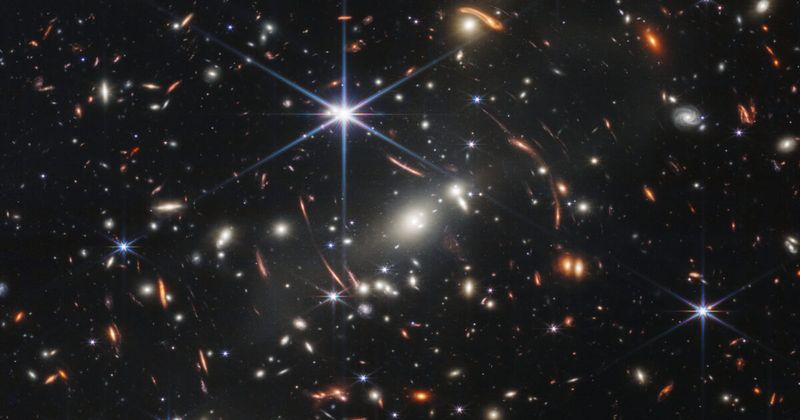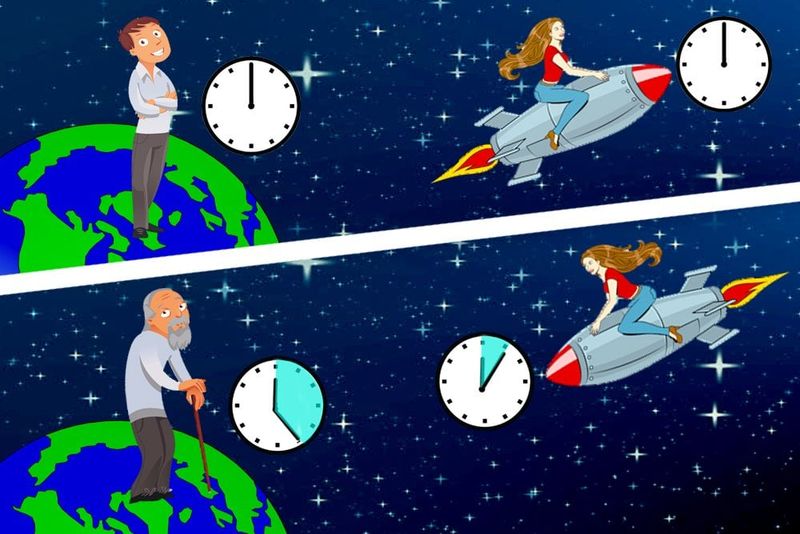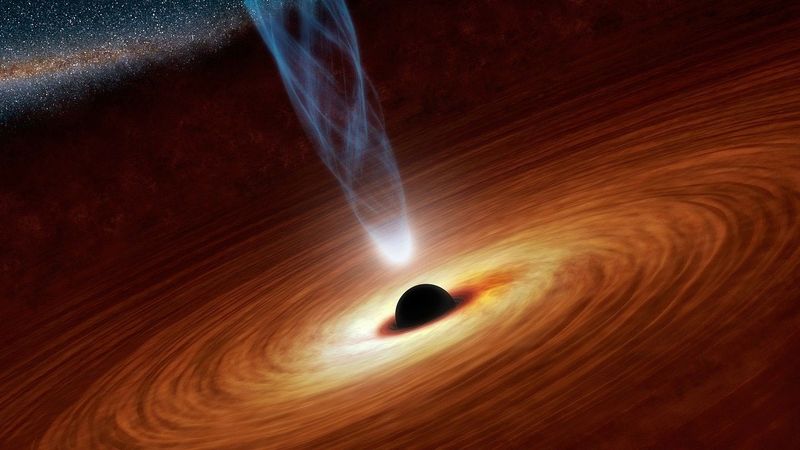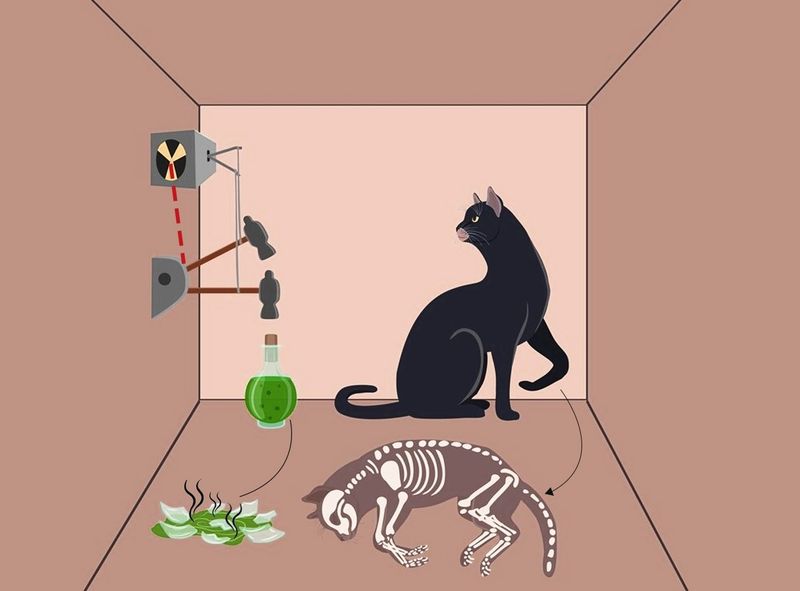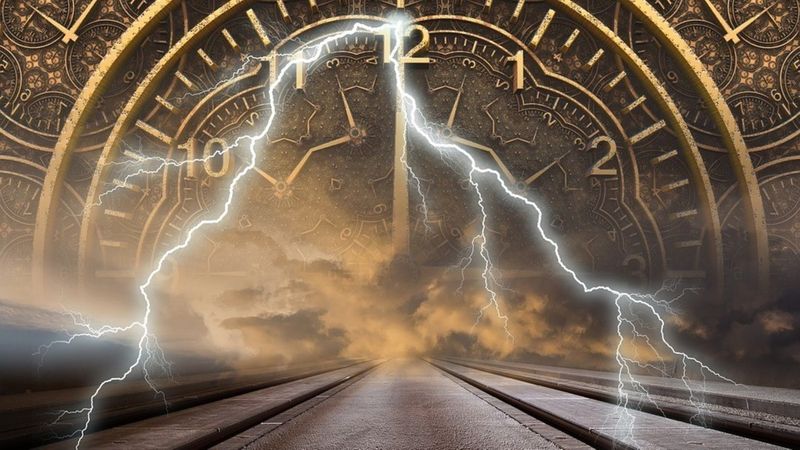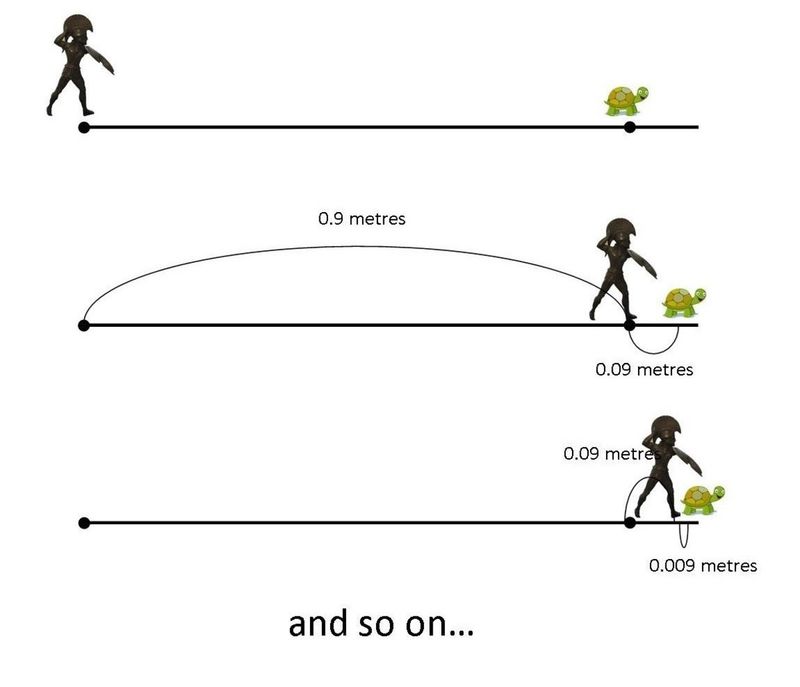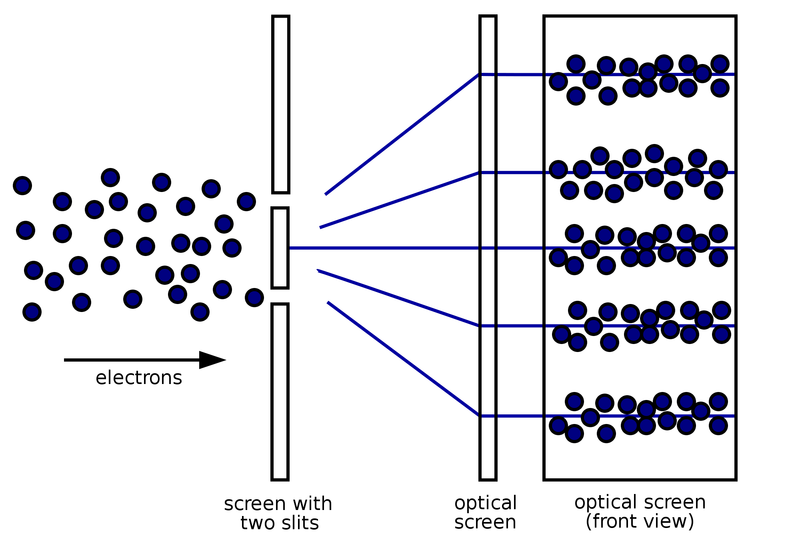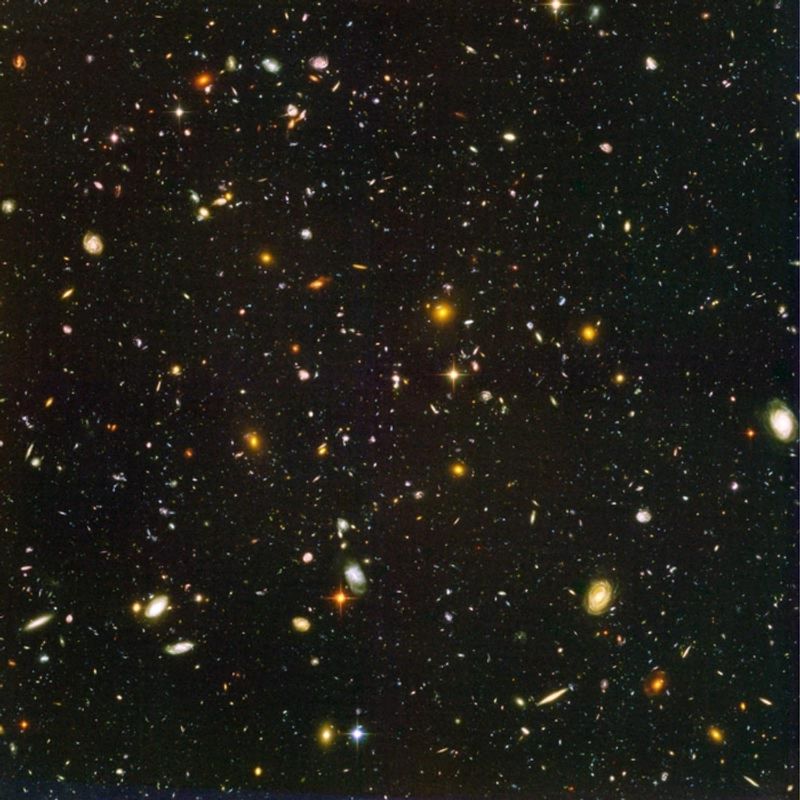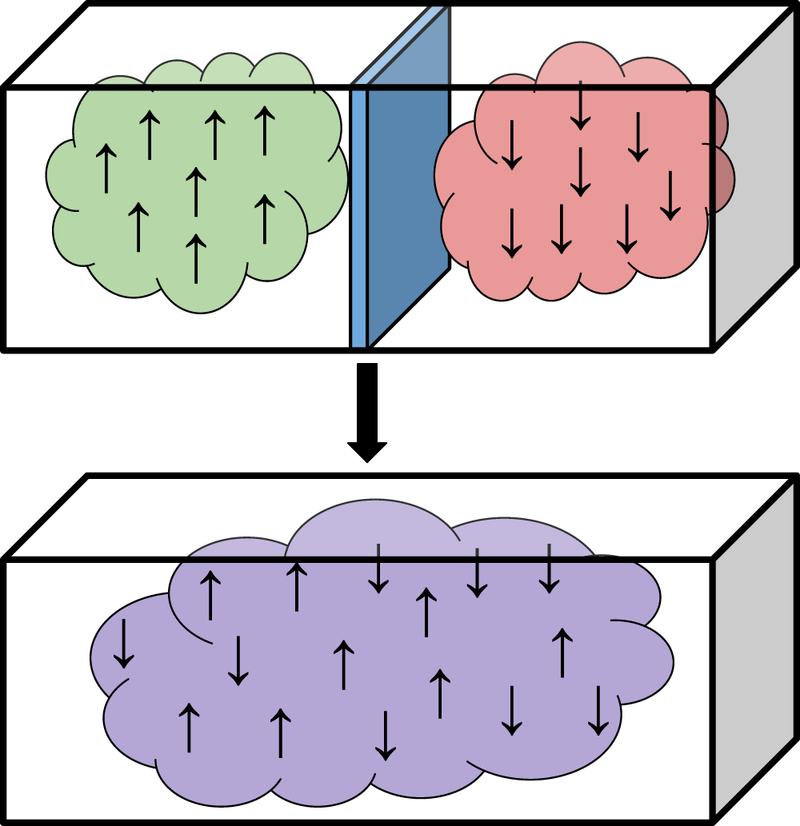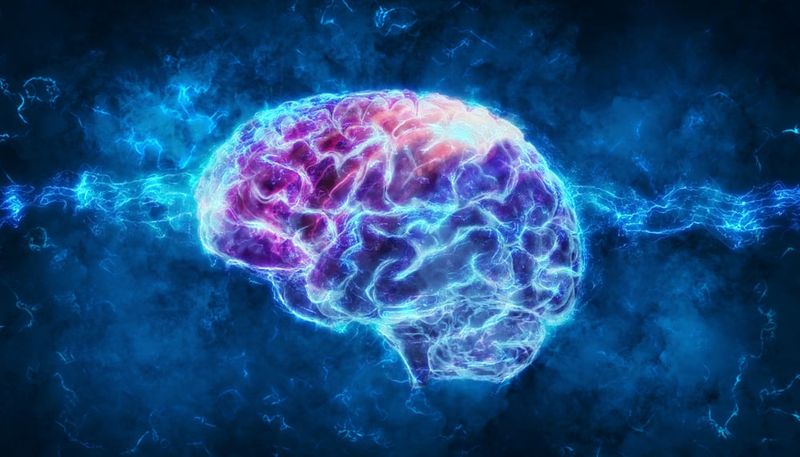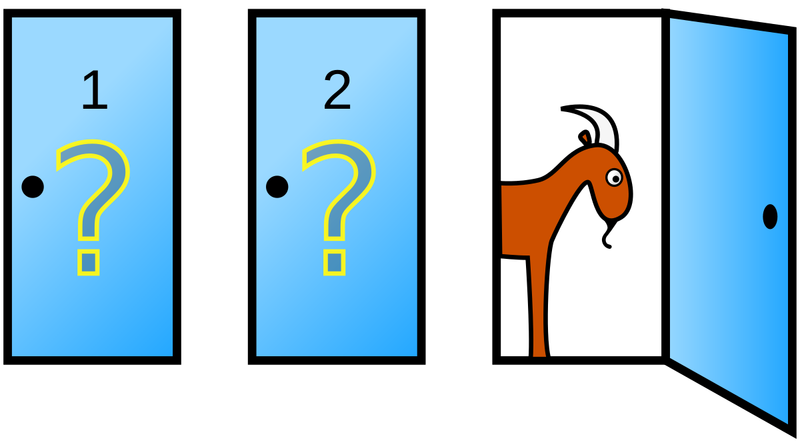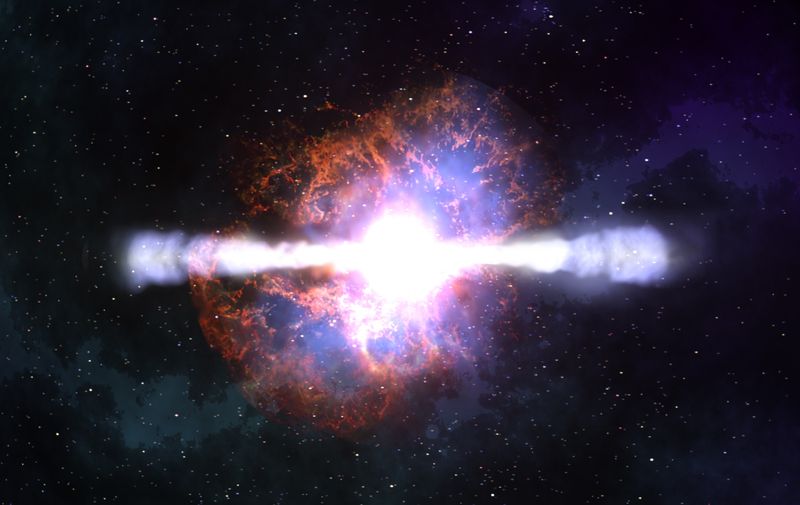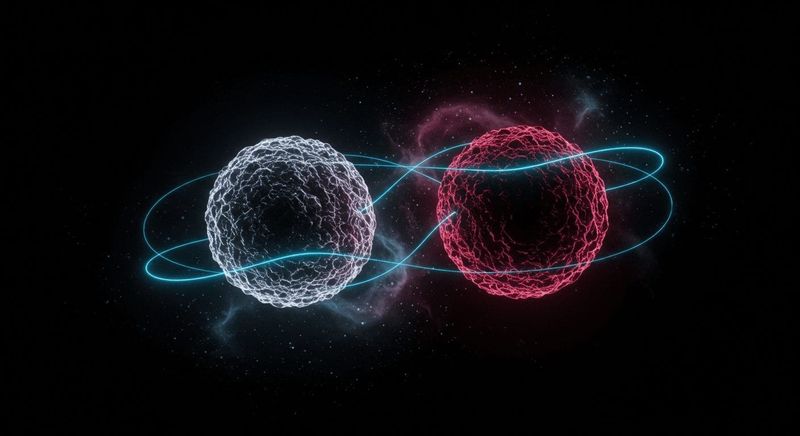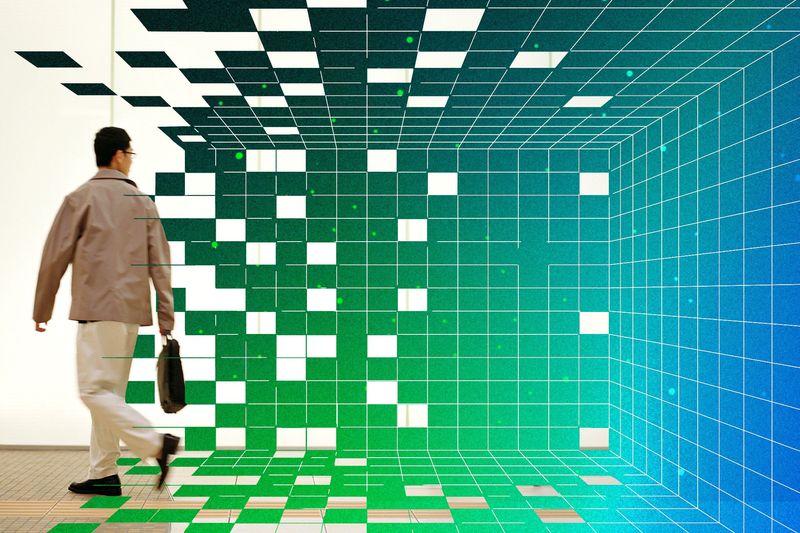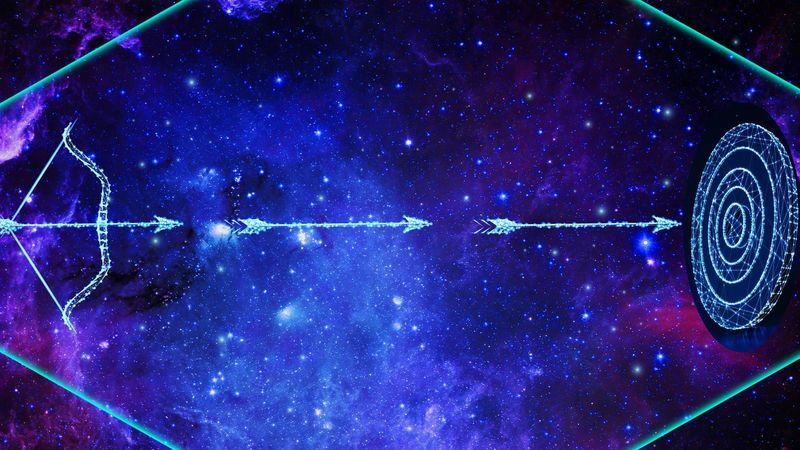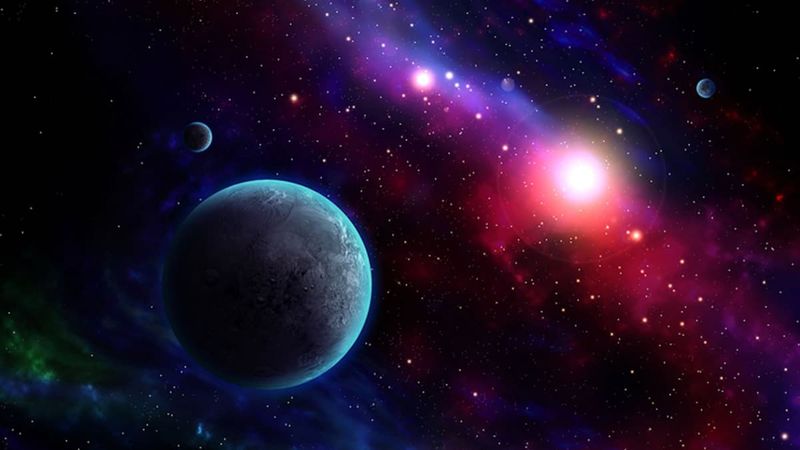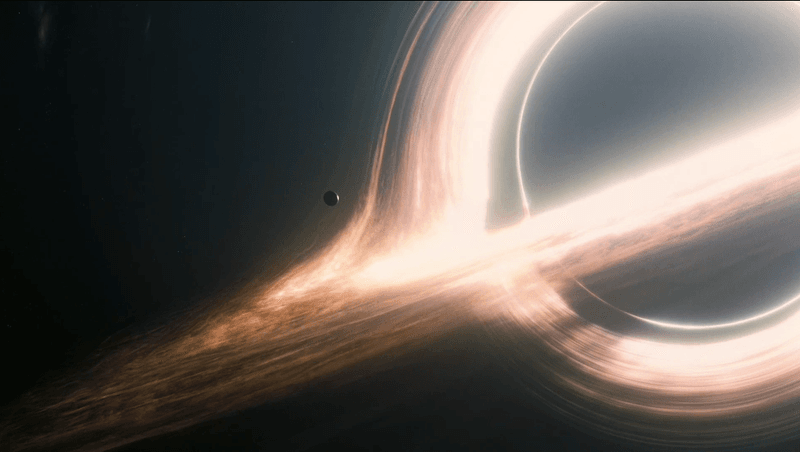Science has given us incredible breakthroughs, from smartphones to space travel. But even our smartest minds get stumped by certain puzzles called paradoxes.
These brain-bending problems challenge everything we think we know about reality, time, and existence itself.
1. The Fermi Paradox
With billions of stars and planets in our galaxy alone, alien life should be everywhere. Yet we haven’t found a single trace of extraterrestrial intelligence.
Scientists estimate that advanced civilizations should have spread across the galaxy by now. Maybe they’re hiding, maybe they destroyed themselves, or maybe we’re truly alone.
This haunting question keeps astronomers searching the skies for answers that might never come.
2. The Twin Paradox
Imagine identical twins where one travels to space at nearly light speed. When the space twin returns, they’ll be younger than their Earth-bound sibling.
Einstein’s theory proves time literally slows down at high speeds. The traveling twin experiences less time passing during their journey.
This mind-bending reality shows time isn’t constant everywhere, challenging our everyday understanding of aging and existence.
3. The Grandfather Paradox
Picture traveling back in time and accidentally preventing your grandparents from meeting. If they never had children, your parents wouldn’t exist.
But if your parents don’t exist, then you don’t exist either. So who went back in time in the first place?
This logical loop breaks causality and suggests time travel might create impossible contradictions that reality simply can’t handle.
4. The Information Paradox
Black holes seem to destroy everything that falls into them, including information about those objects. But quantum mechanics says information can never be truly destroyed.
Stephen Hawking spent decades wrestling with this contradiction between two fundamental theories of physics.
Recent research suggests information might escape through Hawking radiation, but the debate continues to puzzle even the brightest minds in science.
5. Schrödinger’s Cat Paradox
A cat sits in a box with a device that might kill it based on quantum events. Until you open the box, the cat exists in both alive and dead states simultaneously.
This thought experiment illustrates how quantum particles can be in multiple states at once until observed.
The paradox highlights the weirdness of quantum mechanics and questions when quantum behavior becomes normal, everyday reality.
6. The Bootstrap Paradox
Suppose you time-travel and give Shakespeare a copy of Hamlet that he supposedly wrote. He publishes it, and history unfolds normally.
But if you gave him the play, who actually created it? The information seems to exist without any original source.
This paradox questions whether ideas and objects can exist in closed loops without true beginnings or creators.
7. Zeno’s Paradoxes
Before reaching any destination, you must first travel half the distance. Then half of what remains, then half again, infinitely.
Since you can divide any distance into infinite smaller parts, Zeno argued that motion is impossible.
Modern mathematics explains why this works, but the logical puzzle still demonstrates how infinity can trick our intuition about everyday movement.
8. The Quantum Measurement Problem
Quantum particles behave completely differently when someone observes them. But what exactly counts as ‘observation’ remains mysterious.
Does it require a conscious observer, or does any measurement device work? The boundary between quantum and classical worlds stays fuzzy.
Even Einstein disliked this ‘spooky’ behavior, preferring a universe where reality exists independently of whether anyone’s watching.
9. Olbers’ Paradox
If the universe contains infinite stars in every direction, why isn’t the night sky blazing bright? Every line of sight should eventually hit a star.
The darkness above us seems to contradict an infinite, eternal universe filled with countless suns.
Cosmic expansion and the universe’s finite age help explain this, but the simple question reveals deep truths about space and time.
10. The Gibbs Paradox
When you mix two identical gases, thermodynamics suggests the entropy shouldn’t change. After all, you’re combining identical particles.
But experiments sometimes show entropy increases anyway, creating confusion about what makes particles truly ‘different’ at quantum levels.
This paradox highlights gaps in our understanding of identity and distinguishability in the microscopic world of atoms and molecules.
11. The Boltzmann Brain Paradox
Random quantum fluctuations could spontaneously create a brain complete with false memories of an entire life. Statistically, this might be more likely than natural evolution.
This terrifying possibility suggests you might be a disembodied brain floating in space, imagining everything around you.
The paradox challenges our assumptions about consciousness, reality, and the statistical nature of existence itself.
12. The Monty Hall Problem
You choose one of three doors hiding a prize. After one losing door opens, should you switch your choice? Math says always switch for better odds.
Your intuition screams that it doesn’t matter, but probability proves switching doubles your chances of winning.
This paradox demonstrates how human intuition often fails when dealing with conditional probability and statistical reasoning.
13. The Baryon Asymmetry Problem
The Big Bang should have created equal amounts of matter and antimatter. When they meet, they annihilate each other completely.
If the universe started balanced, everything should have destroyed itself instantly. Yet here we are, made of matter.
Scientists still can’t explain why matter won this cosmic battle, allowing stars, planets, and life to exist.
14. The EPR Paradox
Einstein called it ‘spooky action at a distance.’ When quantum particles become entangled, measuring one instantly affects the other, regardless of distance.
This seems to violate the speed of light limit and suggests reality might not be locally determined.
Modern experiments confirm this quantum entanglement exists, but the implications for our understanding of space and causality remain unsettling.
15. The Simulation Paradox
If advanced civilizations can create realistic simulations of reality, they’d probably run many of them. Statistically, most conscious beings would exist in simulations.
This means you’re more likely to be a simulated person than a real one living in base reality.
As our own computing power grows, this unsettling possibility becomes harder to dismiss as pure science fiction.
16. The Ant on a Rubber Rope Paradox
An ant crawls along a rope that stretches longer every second. Common sense says the ant can never reach the end.
But mathematics proves that if the ant maintains steady progress, it will eventually arrive, no matter how fast the rope stretches.
This paradox beautifully illustrates how infinity, persistence, and relative motion can produce completely counterintuitive results.
17. The Paradox of the Heap
Start with a heap of sand and remove one grain. Still a heap. Remove another grain. Still a heap, right?
Continue this process, and you’ll eventually have just one grain left. When exactly did the heap stop being a heap?
This ancient paradox reveals how language and definitions break down when dealing with gradual changes and vague boundaries.
18. The Arrow Paradox
At any single instant, a flying arrow occupies one specific position. If it’s in one place, it’s not moving at that moment.
String together infinite motionless instants, and Zeno argued that motion becomes impossible. The arrow never actually moves.
This paradox questions whether motion is real or just an illusion created by our perception of time flowing.
19. The Twin Earth Paradox
Imagine Earth’s twin where everything looks identical, but ‘water’ has a different chemical formula. The liquid looks, tastes, and behaves exactly like our water.
When people on Twin Earth say ‘water,’ are they talking about the same thing we are?
This thought experiment challenges how language relates to reality and whether meaning depends on chemistry or human understanding.
20. The No-Hair Theorem Paradox
Black holes supposedly erase all information about the matter that falls into them, keeping only mass, charge, and angular momentum.
But quantum mechanics insists that information must be preserved somewhere. This creates a fundamental conflict between our best theories.
The paradox questions whether black holes truly destroy identity or if information escapes through mechanisms we don’t yet understand.

